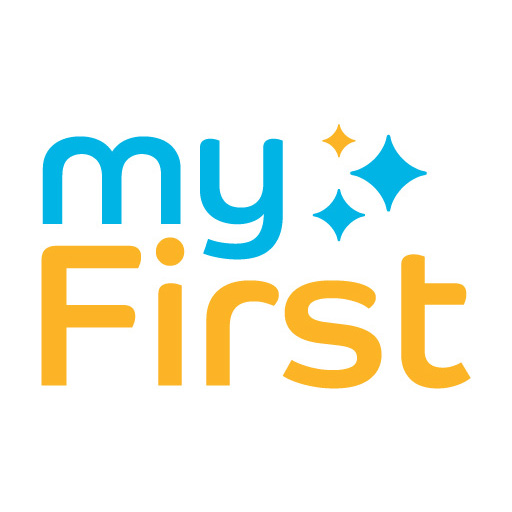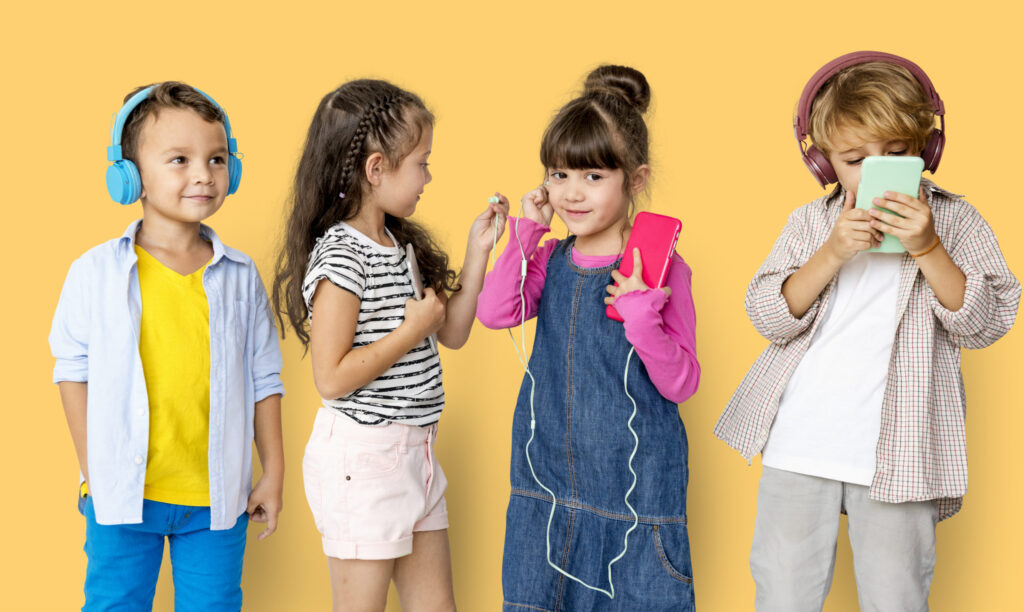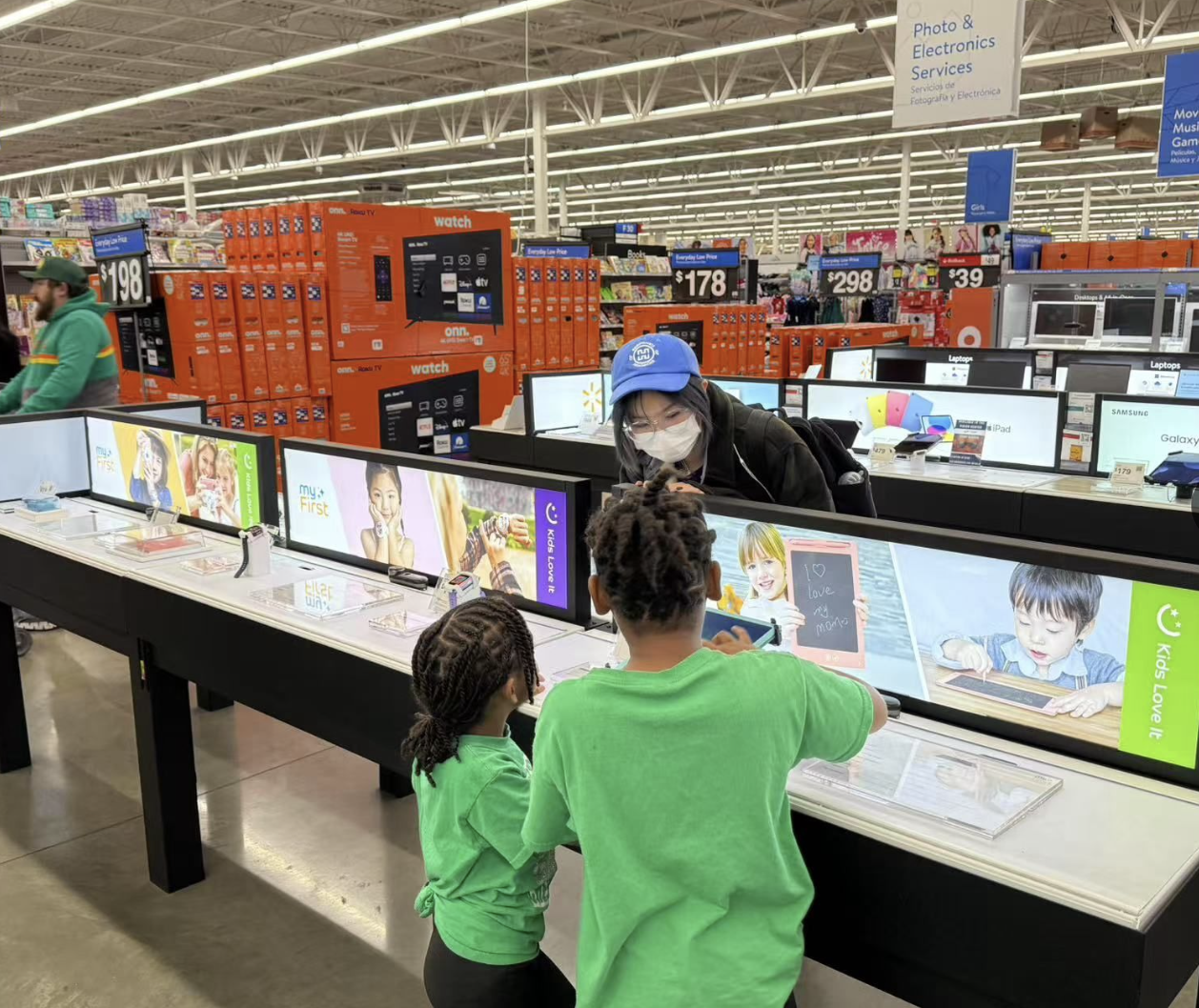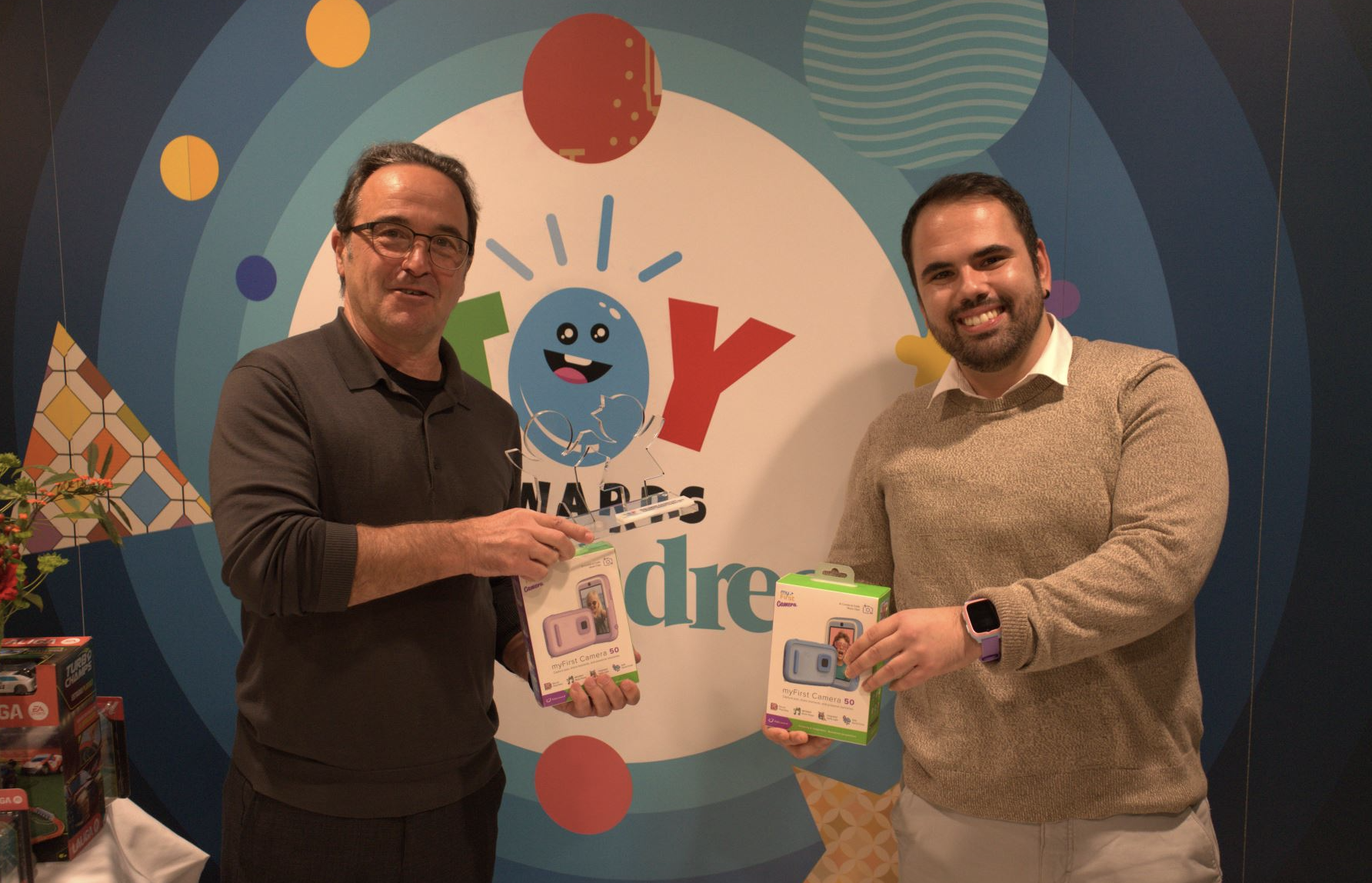Get ready to equip the young ones with the tools to confidently express themselves and leave a lasting impact!
Public Speaking for Kids: Developing Communication Skills and Confidence
Public speaking is a critical life skill for children. It fosters self-confidence, enhances communication abilities, and prepares them for future leadership positions. This blog highlights the significance of public speaking for kids and offers practical tips, exercises, and activities to assist them in mastering the art.

10 tips to help kids get started with public speaking:
1. Importance of Topic Choice
For kids to be confident and engaging while speaking, it’s crucial to select topics that are both interesting and relevant to them. This way, they can present their ideas with enthusiasm and make a connection with the audience.
2. The Value of Practice
In order to become skilled in public speaking, it’s imperative for children to practice regularly. Encourage them to do so in front of a mirror, family members, or classmates to build their confidence and comfort level.
3. Feedback for Improvement
To enhance their skills, kids must receive constructive feedback from teachers, family members, or peers. This will allow them to identify areas for improvement and become more effective public speakers.
4. Opportunities to Participate
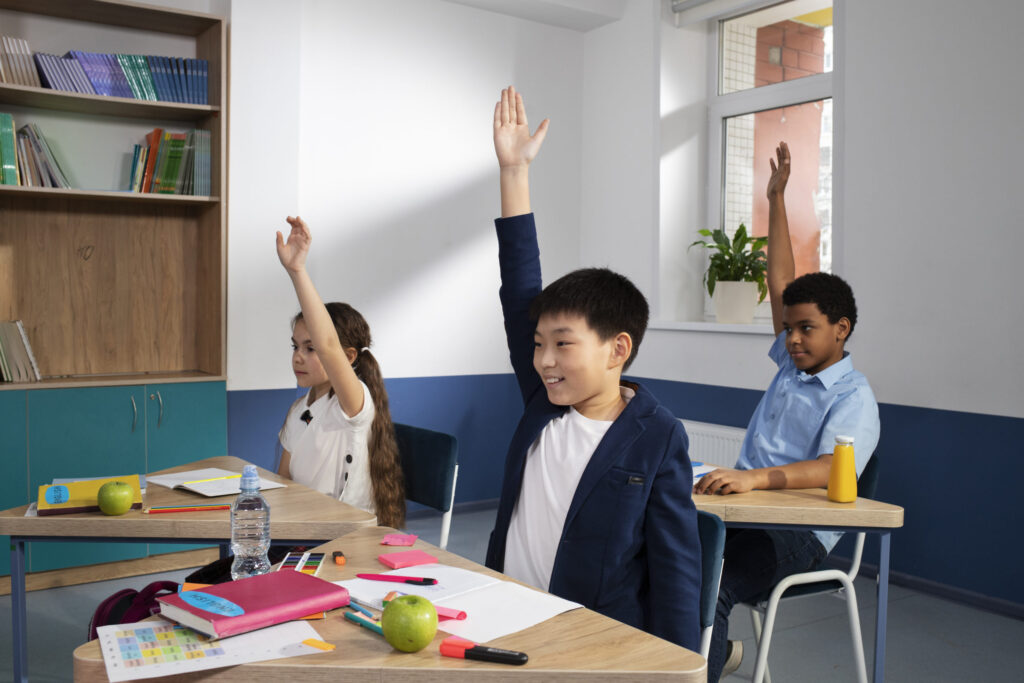
To gain real-life experience, encourage kids to participate in school talent shows, local competitions, or other public speaking opportunities. This will help them build their confidence and become more comfortable in front of an audience.
5. Enhancing with Props or Visuals
Utilizing props or visuals can help kids effectively convey their message and keep the audience engaged. Encourage them to choose props that are appropriate and relevant to their topic to add an extra layer of visual interest.
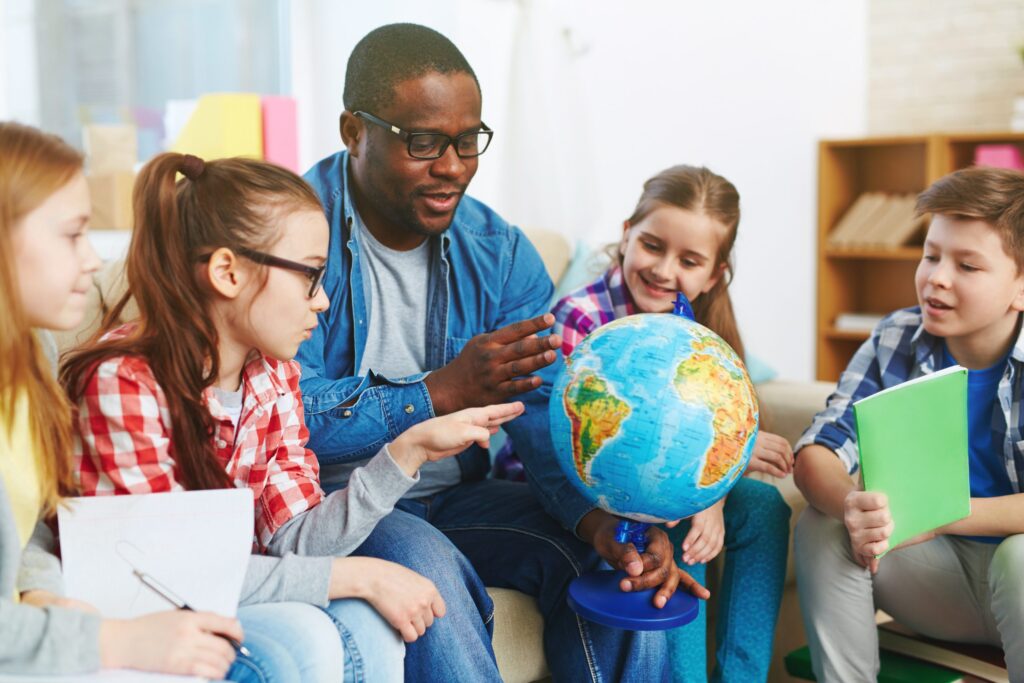
6. Eye Contact Matters
Making eye contact with the audience is crucial for effective public speaking. Encourage kids to connect with individual members of the audience by making eye contact, as this shows that they are speaking directly to them.
7. Clarity and Pacing
To ensure that their message is understood, encourage kids to speak clearly and at a pace that is easy for the audience to follow. Practice speaking slowly and clearly to help ensure that their message is communicated effectively.
8. Emphasizing with Gestures and Body Language
To add energy to their speech and keep the audience engaged, encourage kids to use gestures and body language to emphasize their points. This will help the audience better understand their message.

9. Rehearsal and Timing
To ensure a smooth and well-paced delivery, encourage kids to rehearse their speech several times and time it to stay within the allotted time. This will help prevent rushing or running over time and ensure a polished performance.
10. Staying Calm and Confident
To stay calm and confident, encourage kids to take deep breaths, imagine a successful outcome, and focus on the positive aspects of the speaking experience. Remind them that it’s okay to make mistakes and that the most important thing is to have fun and enjoy the experience.
Why public speaking is important for kids?
1. Improving Communication
Public speaking is an excellent way to improve children’s communication skills. They’ll learn how to express themselves clearly and effectively, which will be beneficial in many aspects of their lives.
2. Building Confidence
Public speaking can help children build their confidence and become more comfortable in front of an audience. Whether it’s in front of classmates or in a community setting, public speaking is a great way to help children develop their self-confidence.

3. Preparing for Leadership
Children who participate in public speaking events will be better prepared for leadership opportunities in the future. They’ll learn how to articulate their ideas and thoughts, and be more confident when making presentations.
4. Critical Thinking and Problem-Solving
Public speaking requires children to think critically and solve problems. They’ll need to plan and organize their ideas, and then present them in a clear and concise manner.
5. Articulating Ideas
Children who participate in public speaking events will learn how to articulate their ideas and thoughts in a clear and concise manner. This will help them become better communicators and increase their confidence when speaking in public.
6. Improving Public Speaking
Through public speaking, children will improve their public speaking abilities. They’ll learn how to express themselves effectively, engage with their audience, and use appropriate body language.

7. Boosting Self-Esteem
Public speaking can have a positive impact on children’s self-esteem. They’ll learn to take pride in their accomplishments and feel more confident in their abilities.
8. Encouraging Personal Growth
Public speaking provides children with opportunities to learn and grow as individuals. They’ll learn to take risks and push themselves out of their comfort zone, which will help them grow and develop.
9. Stimulating Creativity
Public speaking encourages creativity and imagination. Children will learn to think outside the box and present their ideas in a unique and engaging manner.
10. Developing Professional Skills
Public speaking is a valuable professional skill. Children who participate in public speaking events will develop their communication, critical thinking, and problem-solving skills, which will serve them well in their future careers.
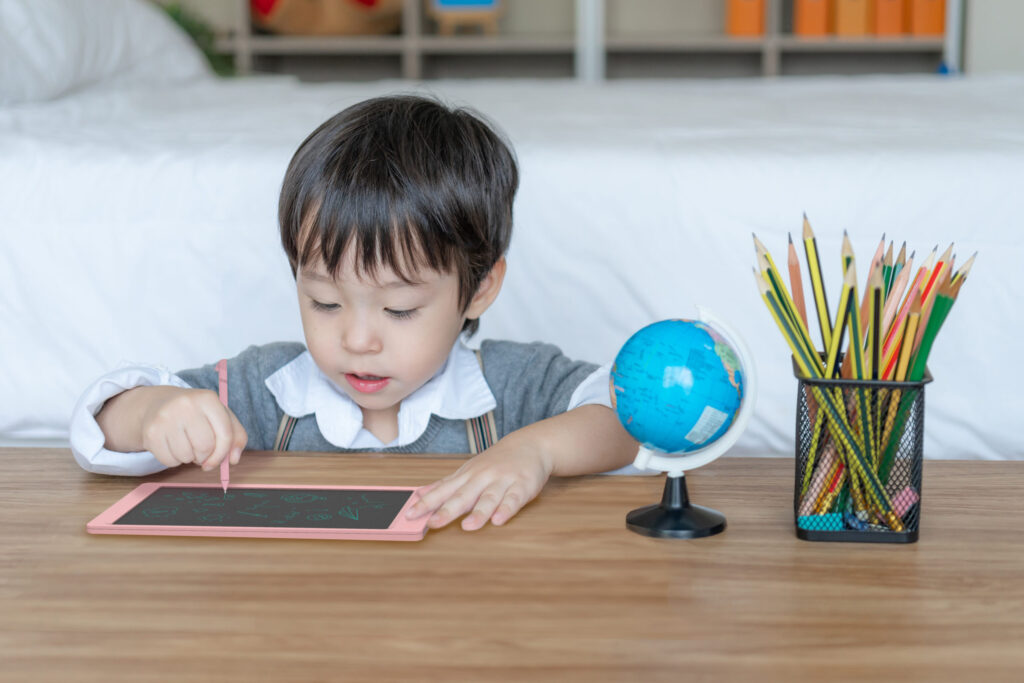
Resources and tools to encourage your kids to read:
To aid in the development of public speaking skills in kids, there are a variety of resources available. Here are several options to consider:
Books
Websites and Online Courses:
- Coursera offers a diverse range of public speaking courses for all ages and skill levels.
- TED-Ed provides interactive videos and lessons to help children enhance their public speaking abilities.
- Speech and Debate Club offers a wealth of online resources, activities, and a supportive community for students interested in public speaking.
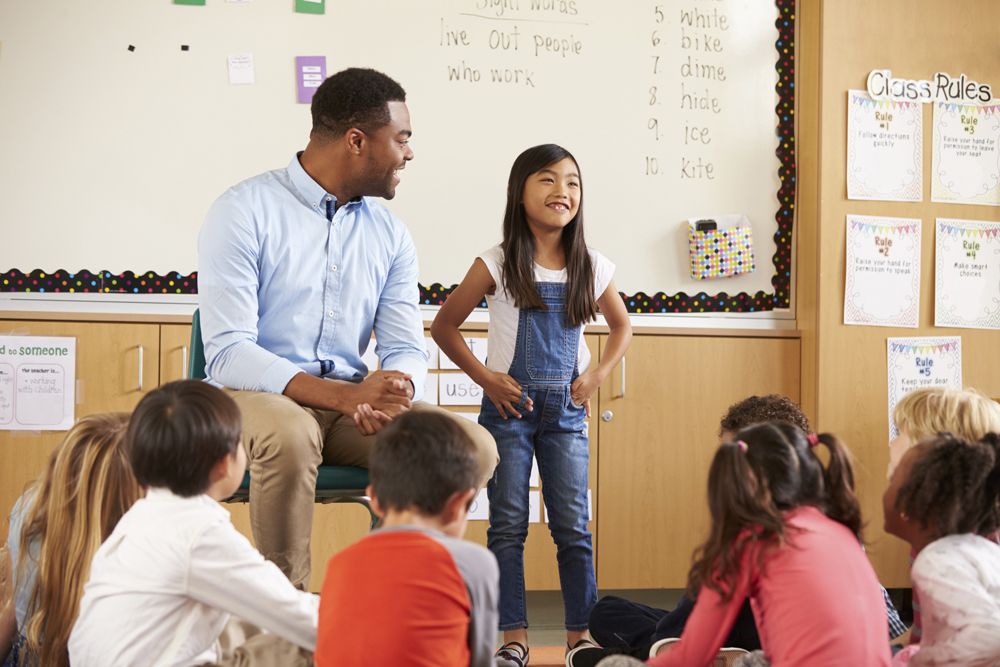
Workshops and Classes:
- Community centers frequently host public speaking classes for children and teens.
- Schools and community organizations often organize workshops and clinics centered around public speaking.
- Summer camps focused on public speaking and debate can provide children with intensive practice opportunities.
Speech and Debate Clubs:
- Toastmasters International Youth Leadership Program
- National Speech & Debate Association
- The Junior League of Professional Speakers
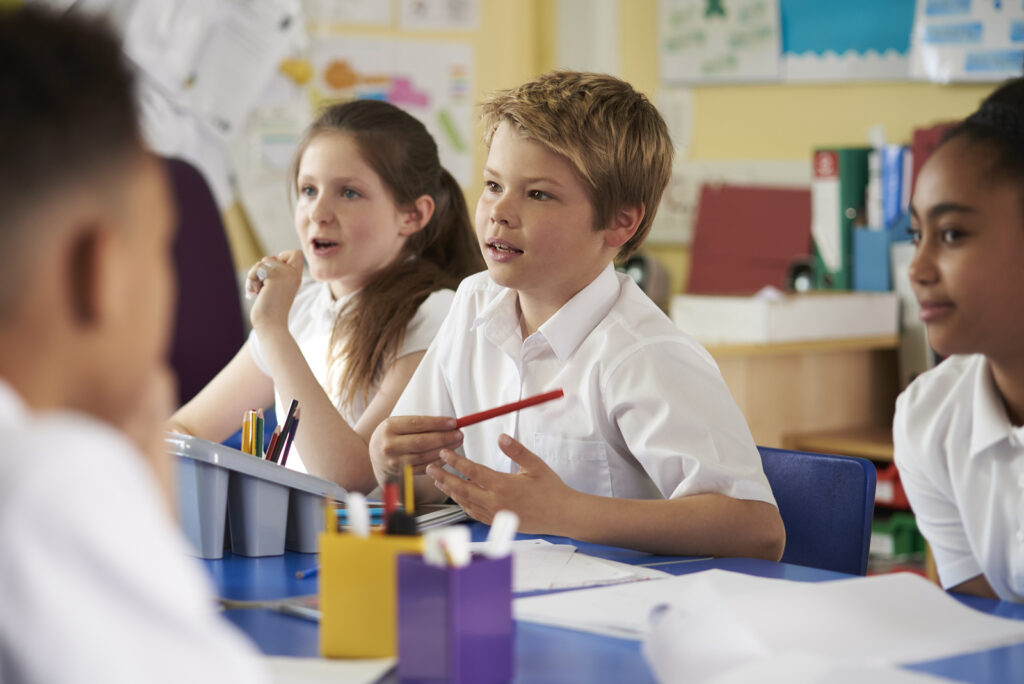
Websites and Online Courses:
- Coursera offers a diverse range of public speaking courses for all ages and skill levels.
- TED-Ed provides interactive videos and lessons to help children enhance their public speaking abilities.
- Speech and Debate Club offers a wealth of online resources, activities, and a supportive community for students interested in public speaking.
Inspiring Videos:
- Martin Luther King Jr.’s “I Have a Dream” speech
- Barack Obama’s “A More Perfect Union” speech
- Malala Yousafzai’s “How One Girl Stood Up for Education and Changed the World” speech
Practice Apps and Games:
- SpeechMastery
- Speech Academy
- Public Speaking Hero
Professional Coaches:
- Speech First
- Kids Speak Up
- Young Voices
Performance Opportunities:
- School talent shows
- Local contests, such as Lions Club speech competitions
- Community events, such as festivals or parades.
In conclusion, the art of public speaking is a crucial life skill for children that can bring about a positive transformation in their development. This post highlights the benefits of public speaking, offers practical tips, and lists resources to help children grow in their skills.
Empowering children with the confidence and abilities to speak publicly can have a profound impact on their futures.

Top Educational Technologies Making a Difference for Kids
When designed right, technology can be one of the best tools to help children learn, grow, and stay connected. At myFirst, we focus on creating
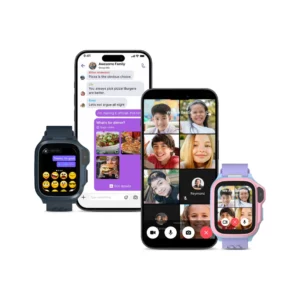
How Tech Can Be a Powerful Tool for Kids’ Growth
As a brand born in Singapore, we’ve always believed that technology — when used right — can do amazing things for children’s growth. We know
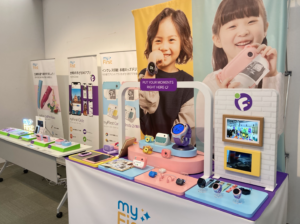
Celebrating the Launch of Our Latest myFirst Innovations in Japan!
We are thrilled to announce the successful launch event for three of our latest innovations in Japan – the myFirst Fone S4, myFirst Camera 50,
